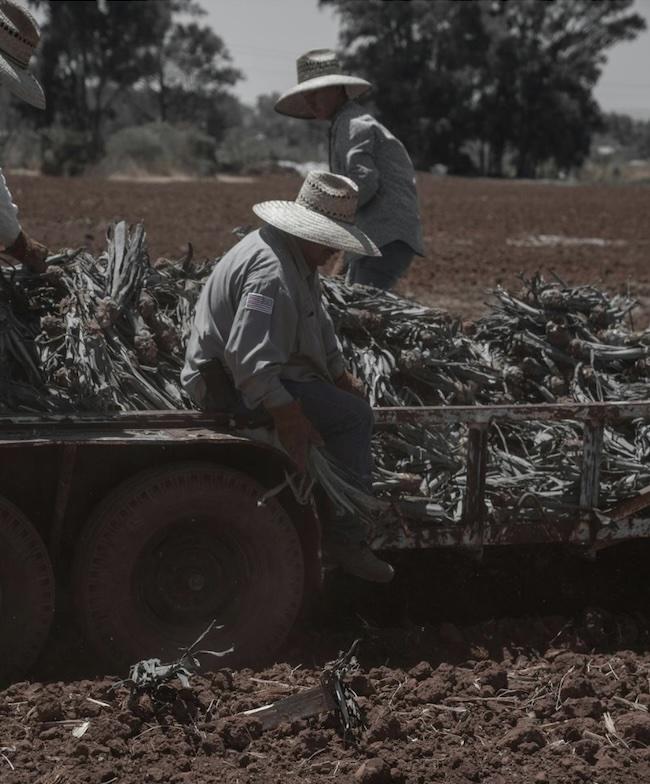Farmers warn of economic fallout, food supply disruptions as immigrant labor vanishes
VENTURA COUNTY, Calif. – A sweeping crackdown by U.S. Immigration and Customs Enforcement (ICE) in California’s agricultural heartlands has left thousands of acres of crops unharvested, as a mass exodus of undocumented and immigrant laborers cripples the state’s multi-billion-dollar farming industry.
Lisa Tate, a sixth-generation farmer in Ventura County, said she lost up to 70% of her workforce in the days following high-profile raids earlier this month.
“If 70% of your workforce doesn’t show up, 70% of your crop doesn’t get picked—and can go bad in one day,” she told Reuters.
California, which supplies over 75% of the nation’s fruits and nuts and more than a third of its vegetables, now faces what experts call an unprecedented labor vacuum. In some counties, entire fields of strawberries, lettuce, avocados, and bell peppers have been left to rot under the summer sun.
FEAR PARALYZES COMMUNITIES
Workers say the fear of being detained or deported is keeping them from showing up, even in areas not directly targeted by ICE operations.
“If they show up to work, they don’t know if they will ever see their family again,” said a 54-year-old Mexican field worker who chose to remain anonymous.
Labor advocacy groups confirm that even documented immigrants are staying home, fearful that agents may not distinguish between legal status and suspicion during enforcement sweeps.
ECONOMIC SHOCKWAVES
Agricultural economists are warning of potential price hikes and supply chain delays across the country, as the loss of labor disrupts harvests during the peak summer season. California’s farming sector, valued at $60 billion annually, relies heavily on foreign-born workers—over half of whom are undocumented, according to USDA estimates.
Meanwhile, alternative labor programs like the H-2A visa system have proven too slow and costly to scale up quickly.
MIXED MESSAGING FROM D.C.
President Donald Trump initially signaled concern over the raids’ economic consequences, reportedly telling advisors the actions were “taking very good, long-time workers away.” However, no formal order to halt ICE operations has been issued.
ICE briefly paused some enforcement at farms and hospitality sites earlier in June—but agents resumed worksite operations within days, citing standing directives from DHS.
EMPLOYERS LARGELY UNTOUCHED
Despite dozens of raids across farms, hotels, and restaurants, the Washington Post reports that only one employer has been prosecuted for hiring violations this year. ICE officials say enforcement primarily targets undocumented individuals, but legal experts argue that without employer accountability, the problem remains cyclical.
WIDER RIPPLE EFFECTS
Small businesses across rural California, from produce vendors to restaurants, report plummeting foot traffic. In some towns, the atmosphere echoes early pandemic lockdowns, with immigrant customers avoiding public spaces and travel out of fear.
“It’s like COVID all over again,” said a grocer in Bakersfield. “But this time, the fear is ICE, not a virus.”
CALL FOR A MORATORIUM
As harvest season accelerates, farmers are calling for urgent policy clarity and temporary work authorization programs to stabilize the workforce. Labor unions are pressing for a formal moratorium on ICE farm raids, while economists warn that without intervention, food insecurity and inflation could deepen nationwide.
Until then, rows of ripe produce continue to wither in California’s sun—unpicked, uneaten, and emblematic of a policy crossroads where immigration enforcement meets economic necessity.







